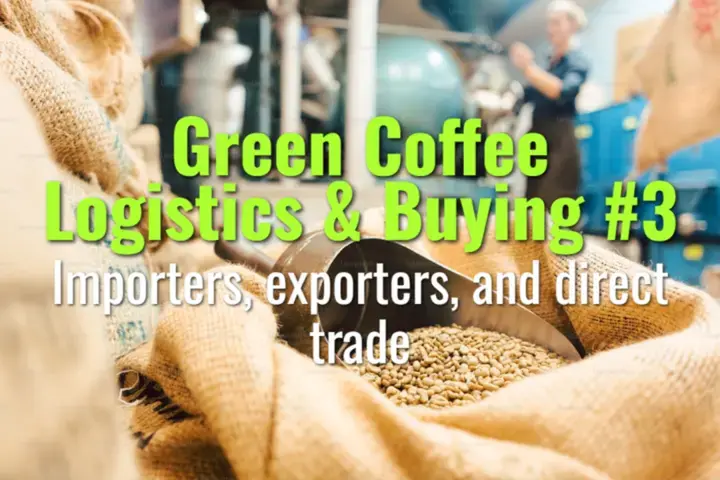
Importers, exporters, and direct trade
This topic explains the roles of importers and exporters in coffee logistics, how direct trade differs, and the benefits and challenges of each system for producers and buyers.

This topic explains the roles of importers and exporters in coffee logistics, how direct trade differs, and the benefits and challenges of each system for producers and buyers.
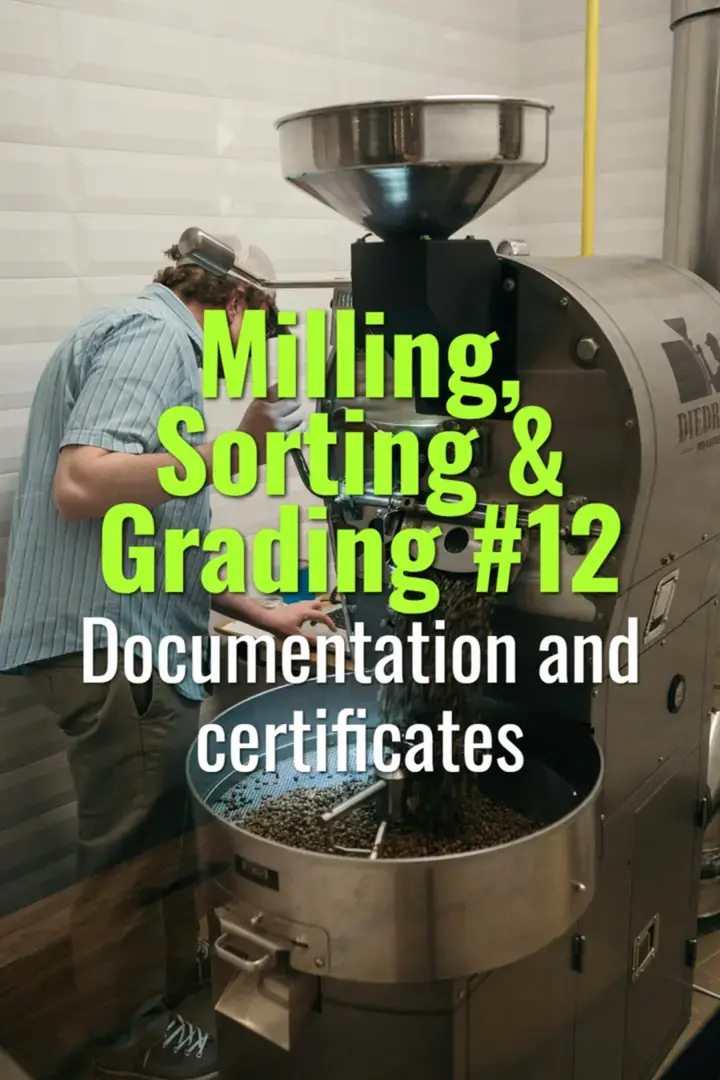
This topic explains the role of documentation and certificates in coffee milling and export, the types required, and how they ensure compliance, traceability, and buyer confidence.
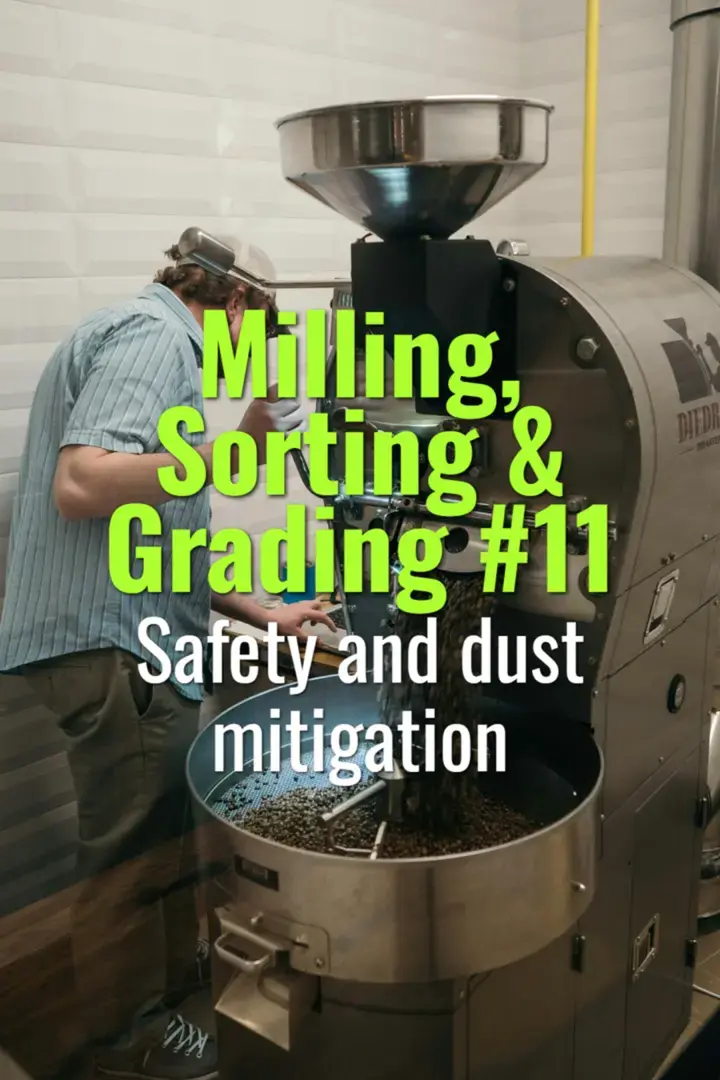
This topic explains the safety risks in coffee milling facilities, particularly dust-related hazards, and outlines best practices for protecting workers, equipment, and product quality.
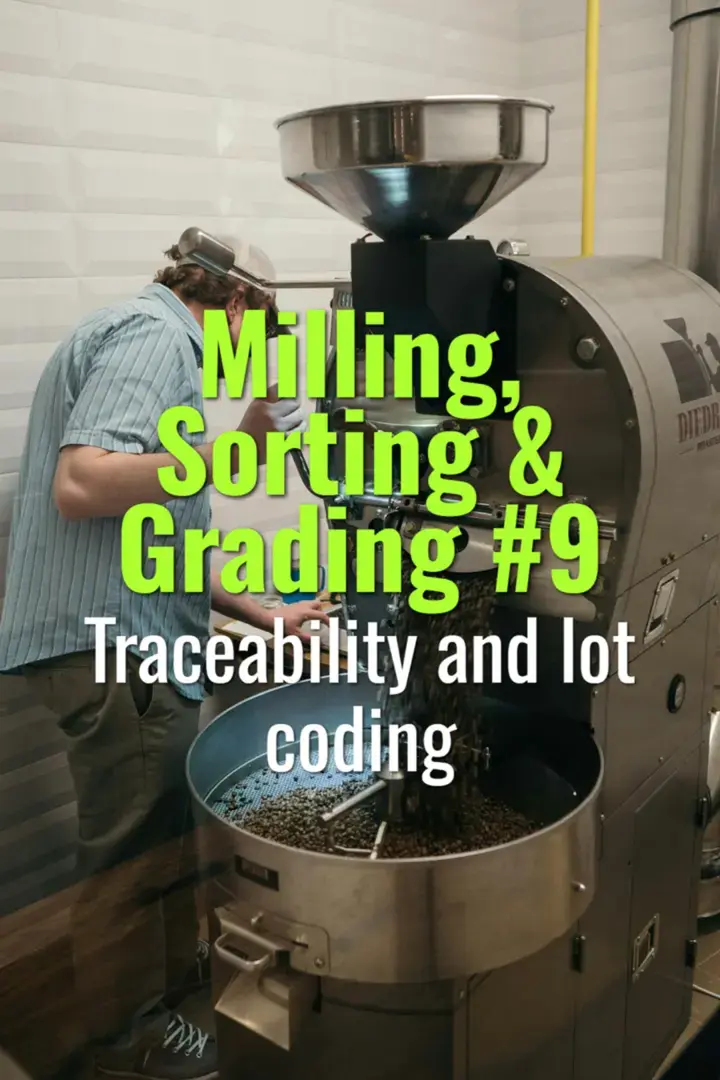
This topic explains how traceability and lot coding work in coffee milling, why they are essential for quality assurance, and how they support transparency and trust in specialty markets.
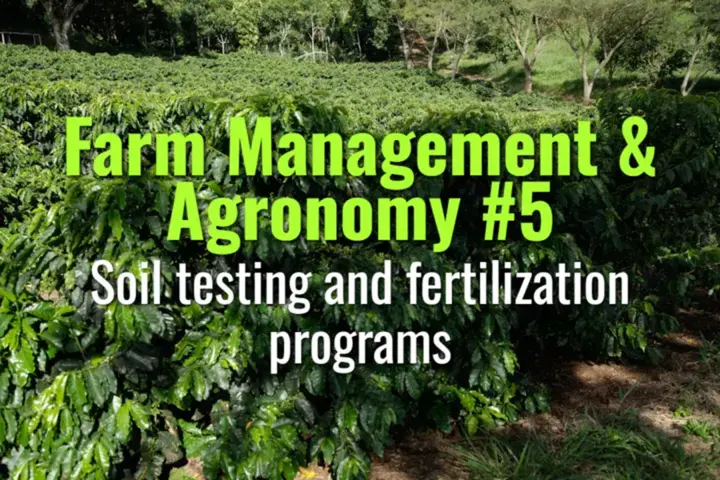
This topic explains the role of soil testing in coffee farming, how fertilization programs are designed, and why balanced nutrient management is essential for productivity and quality.
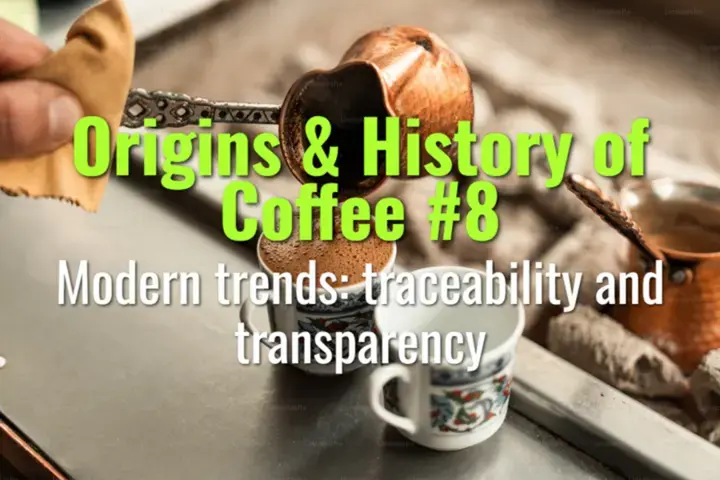
In this topic we explore how modern coffee culture emphasizes traceability and transparency, why these values matter to consumers, and how technology and direct trade practices are reshaping the coffee supply chain.